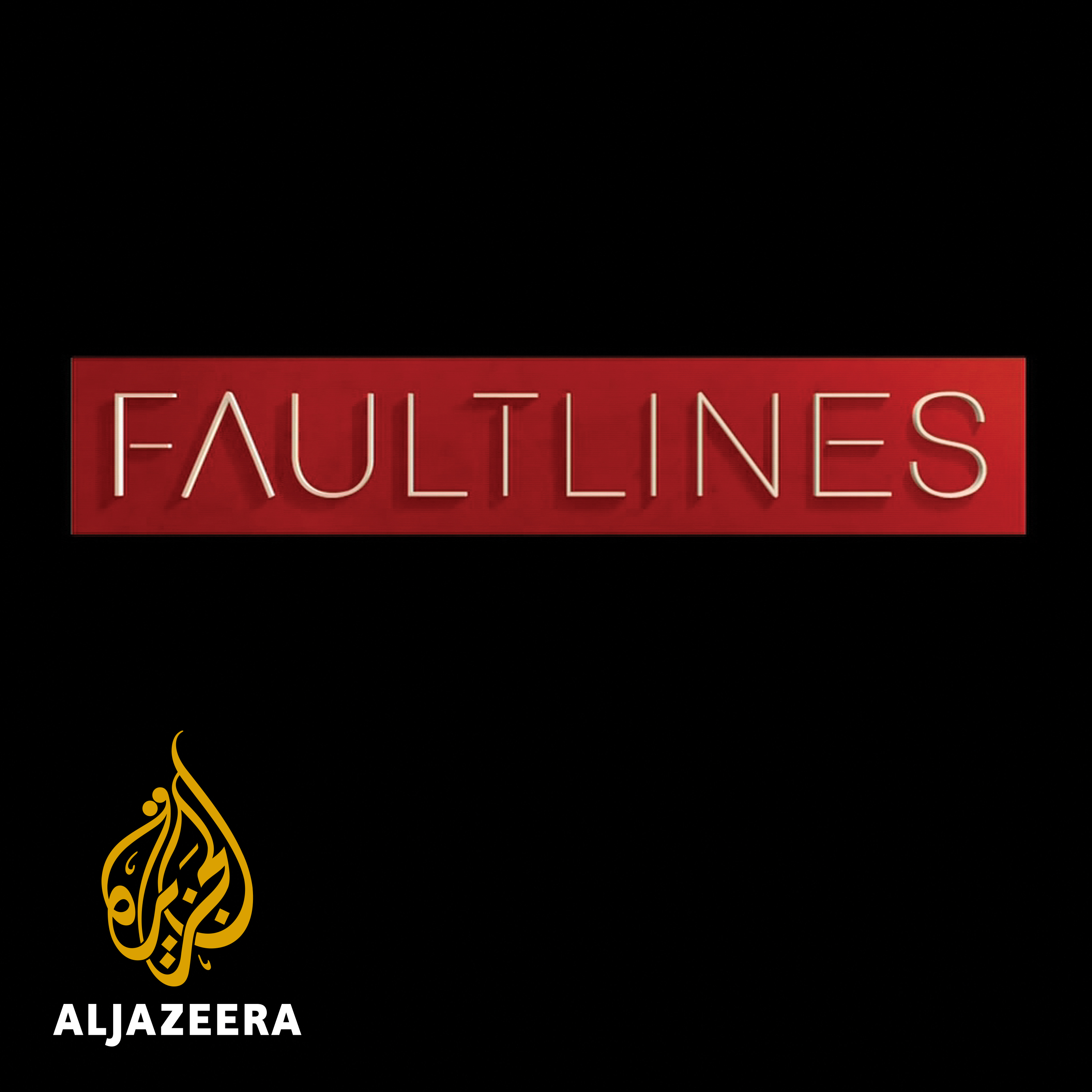Puerto Rico: Shelter After the Storm | Fault Lines
Description
For decades, Puerto Rico's status as a US territory has been a source of political, social, and economic conflict on the island. The 3.5 million American citizens who reside there have no voting representation in Congress.
Now Puerto Rico is fighting for its survival in the aftermath of Hurricane Maria, which made landfall in September 2017.
Maria was the most powerful hurricane to hit Puerto Rico in 90 years. More than 1,000 people died from the storm and its aftermath. It cut a path straight across the island, destroyed 70,000 homes and left at least 250,000 homes badly damaged.
Krystal Torres and her daughters lost everything in the storm. Their house - like tens of thousands of others - was flattened, so they have had to rent a room in a neighbour's house.
"It fell apart completely. Everything was lost ... every time I look at the spot where my house was - many nights I have stopped there to cry," Krystal says. She wants to "continue buying things, little by little, until we can at least rebuild the floor."
Rebuilding housing is projected to be the most expensive part of reconstruction, mounting more costs on top of an already staggering debt crisis.
What's more, roughly half of Puerto Rican housing is considered "informal" - homes built without a permit, and often not to code. These low-income communities were the hardest hit by the storm.
The main challenges to rebuild are the level of investment, political will, and the significant time needed to formalise and improve infrastructure in these neighbourhoods - a task that has been neglected for generations.
"The members of Congress do not think of Puerto Rico as a part of their constituency and responsibility, and that is what is underneath this crisis," says Ana Maria Archila from the Center for Popular Democracy. "It is a crisis of democracy as much as it's a climate crisis, as much as it's an economic crisis."
With the next Atlantic Hurricane season due to start again soon, the island's most vulnerable communities - still recovering from the storm of the century - feel they are on their own.
Fault Lines went to investigate how Puerto Ricans are coping six months after Hurricane Maria and why some of the island's poorest residents are being denied federal aid to rebuild.
More from Fault Lines on:
YouTube - http://aje.io/faultlinesYT
Facebook - https://facebook.com/AJFaultLines
Twitter - https://twitter.com/AJFaultLines
Website - http://aljazeera.com/faultlines/
- Subscribe to our channel: http://aje.io/AJSubscribe
- Follow us on Twitter: https://twitter.com/AJEnglish
- Find us on Facebook: https://www.facebook.com/aljazeera
- Check our website: https://www.aljazeera.com/
More Episodes
Published 10/04/21
In the winter of 2021, a crushing storm took down Texas’s power grid.
Millions of people were plunged into darkness, left without heat or water. More than 150 Texans died, most from hypothermia.
Texas is the only state in the United States where the power grid is not under federal oversight....
Published 06/16/21
Under Florida law, domestic violence victims can lose their children if the state thinks they didn’t do enough to prevent the kids from witnessing the abuse. The state calls it “failure to protect.”
“I called for help. I wanted out, and I still got punished,” says Lena Hale, who lost custody of...
Published 06/09/21


